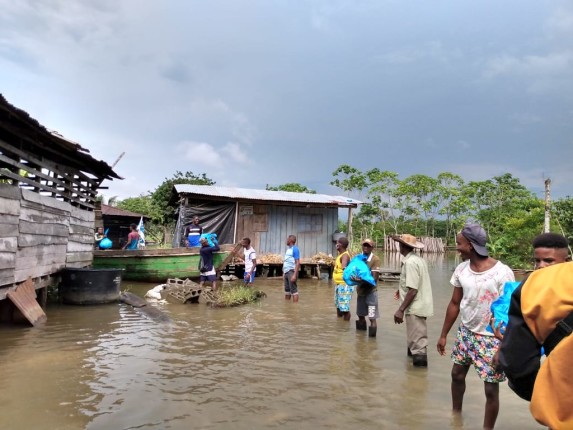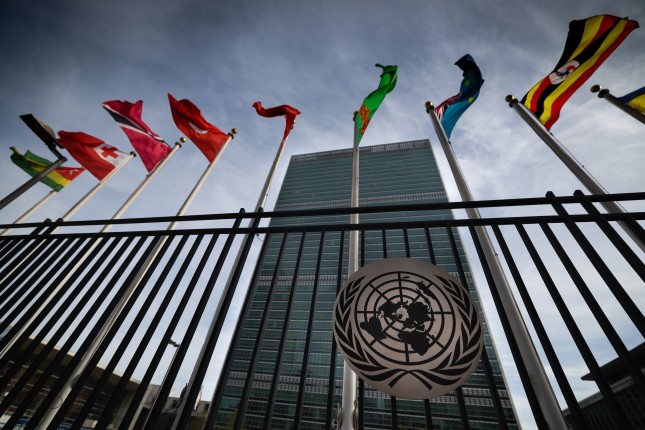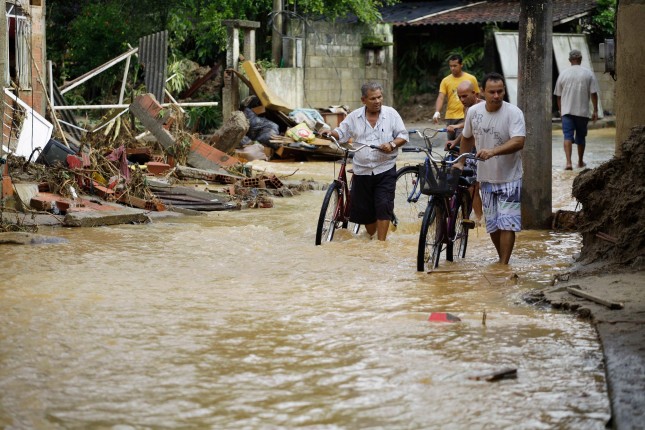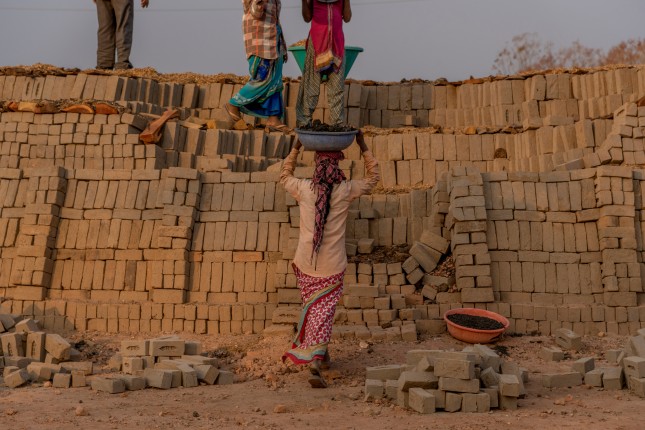-
Want to Beat Global Warming? Beat Global Indebtedness First
›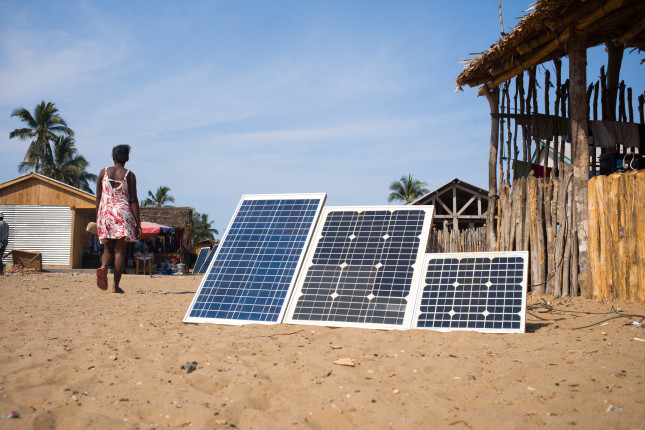
The world has a sobering debt problem. In the wake of the COVID-19 pandemic, Russia’s invasion of Ukraine, and the ensuing shocks to commodity prices, governments everywhere have borrowed enormous sums to promote stability and kickstart recovery.
-
ECSP Weekly Watch | July 17 – 21
›
A window into what we are reading at the Wilson Center’s Environmental Change and Security Program
Extreme Heat’s Toll on Pregnancy and Reproductive Health
Preliminary data collected by the World Meteorological Organization (WMO) shows that the first week of July 2023 was the hottest week on record. Recent global heatwaves also prompted a public health alert from the WMO concerning rising health risks.
-
ECSP Weekly Watch | July 10 – 14
›
A window into what we are reading at the Wilson Center’s Environmental Change and Security Program
Rough Waters: Sri Lanka’s Fishermen Face Climate Challenges and Economic Woes
Close to 2.4 million Sri Lankans are employed in that nation’s fisheries, and the bounty of its seas and freshwater bodies make up close to half of the country’s animal-based protein. But now the livelihood that has sustained these workers for generations faces growing constraints.
-
Understanding El Niño’s Broad and Pervasive Impacts is Essential To Mitigation
›July 10, 2023 // By Danielly de Paiva Magalhães
Scientists from the National Oceanic and Atmospheric Administration (NOAA) have predicted an El Niño event between late 2023 and early 2024. El Niño is a complex climate phenomenon characterized by unusually warm sea surface temperatures in the central and eastern Pacific Ocean near the equator that typically happens every two to seven years. This phenomenon amplifies the likelihood of severe weather events in specific regions due to changes it creates in atmospheric circulation patterns, which escalate and initiate consequences for the environment, economy, and human health.
-
The UN Security Council Debates its Role in Tackling Climate Security
›
Climate change is a security concern due to its role as a risk multiplier, aggravating political, social, and economic vulnerabilities, straining resources, and undermining institutions. And as climate change intensifies, its impact on military operations around the world, including UN peacebuilding efforts, will grow in tandem.
-
ECSP Weekly Watch | June 23 – 29
›
A window into what we are reading at the Wilson Center’s Environmental Change and Security Program
Climate Change and Migration: Ensuring Safe Access for Women and Girls
A new report from UN Women found that climate change poses a significant threat gender equality. In particular, changes in weather patterns and extreme events exacerbate vulnerability among women and girls and leads them to seek safety and opportunities through increased migration.
-
Water @ Wilson | The Significance of the Coming El Niño: Understanding the Science and Preparing for Its Impacts
›When the National Oceanic and Atmospheric Association (NOAA) declared the beginning of an El Niño event on June 8, 2023, the recurring climate pattern featured in headlines all over the world as media outlets sought to cover its anticipated impacts.
A recent Water @ Wilson event –“The Significance of the Coming El Niño: Understanding the Science and Preparing for its Impacts”—brought together experts at the Wilson Center to explain the complex science behind El Niño and explore its regional implications. The speakers also surveyed the policy tools at our disposal to prepare for its significant climate effects.
-
Intersectionality Matters: Improving UPR Recommendations on Global Human Rights
›
When Michelle Bachelet, former United Nations (UN) High Commissioner for Human Rights, pointed to what she called “the reality of multiple and intersecting forms of discrimination” in December 2020, she also highlighted the importance of factoring them into any analysis and policymaking in the human rights space.
Showing posts from category international environmental governance.



